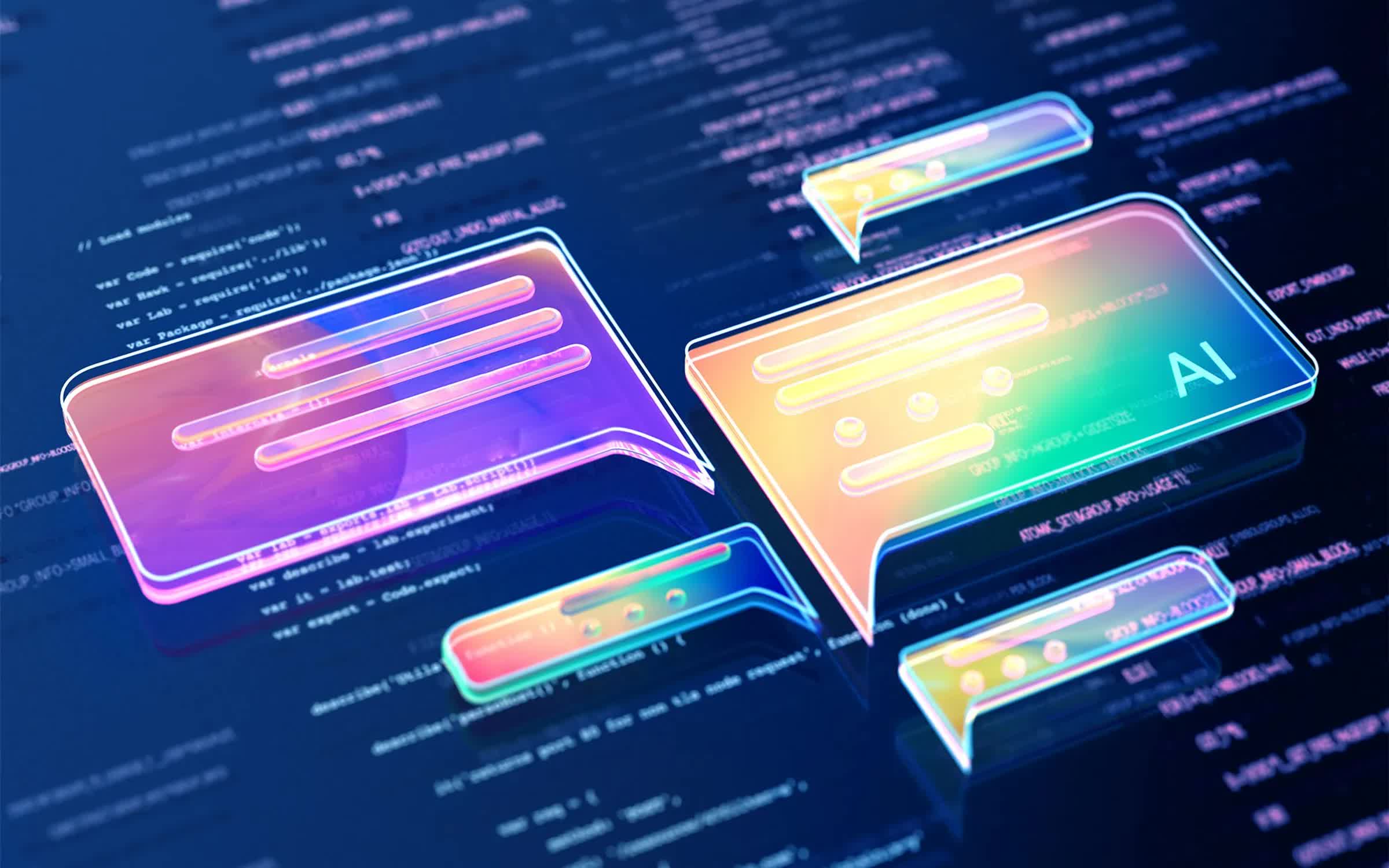
From endless meetings that could have been an email to more tedious tasks including taking minutes during said meetings and then assigning action points afterwards, it can sometimes feel as though your job is just one long to-do list, and you struggle to find time to do more meaningful work.
Take comfort in the fact that you're not alone: according to the most recent Slack Workforce Index, workers are spending 41% of their time on tasks that are "low value, repetitive or lack meaningful contribution to their core job functions."
However, the report also found that the 81% who have adopted AI tools to automate certain aspects of their job have experienced an increase in productivity.
3 jobs to apply for this week
- Vice President, Technology Implementations, Epsilon, Belmont
- Account Manager II Regional Enterprise, Lumen, Remote
- Entry Level Software Development Role, Year Up, San Jose
Similar research conducted by GitHub found that developers who started using its AI Copilot tools were able to complete tasks 55% faster. The vast majority (88%) felt they were more productive, 96% reported the software made them faster so they could complete more work, 59% found coding less frustrating, 87% found repetitive tasks less mentally taxing, and crucially, 74% had more time to focus on more rewarding tasks.
Get proactive about productivity
So if workers are crying out for tools that can streamline efficiency, and there's proof that implanting these kinds of tools has a direct impact on productivity, why aren't more employers paving the way for AI in the workplace?
"Unsure of the extent to which AI will transform the workplace, some leaders are hesitant to shift their approach toward AI," says Aytekin Tank, CEO and founder of Jotform, an online form builder. You might remember when Snapchat first took social media by storm. Some businesses waited to see whether it was sticky enough. Ultimately, we discovered that the answer was 'yes', but with respect to a specific demographic.

However, AI isn't a social media platform, and it's not just impacting a limited demographic. It's overhauling how work is done and requires more than just training sessions. It requires adopting a 'systems thinking' way of looking at your daily tasks. Within organizations, that kind of fundamental shift must come from the top-down.
Don't get left behind by AI
While having the vision to foster a symbiotic relationship with technological advancement might seem like a no-brainer for tech companies, the reality is that lots of employers are hesitant to invest in new technologies or change their way of doing things. If it ain't broke etc, etc.
However, that shouldn't leave you feeling deterred or fearing you are going to be left behind. Instead take the initiative to research how you can use AI tools to increase your productivity, and present your findings to your manager.
If you're met with resistance, there's nothing preventing you from upskilling in your own time and using AI tools in your everyday work. For example, if you struggle to write emails or get started on presentations, why not use a writing assistant such as Grammarly or Jasper AI to craft more efficient emails and the text for presentation slides.
Or, if meetings are slowing you down, try Otter.ai, a tool that transcribes meetings in real time so you can summarize notes and action points in minutes rather than hours. Similarly, Notion is a great product management tool that can autofill databases and assign tasks and action points based on the data that has been entered.
Tank adds: "Employees will need to build some slack into their schedules. But once employees set their automation machines in motion, automating more and more of their daily tasks, they'll recapture time for more meaningful tasks. And as I've seen with our employees at Jotform, when employees aren't drowning in busywork, they have more time and mental space for creative work."
Face the facts
In an ideal world, your employer should welcome a proactive approach to upskilling with open arms. However, if your endeavors are being met with resistance or the rest of your team is reluctant to engage with any kind of change, it could be time to start thinking about your future employment options.
The good news? With the World Economic Forum predicting that automation could disrupt 85 million jobs globally in medium and large businesses across 15 industries and 26 economies as soon as 2025, those who get on board with AI tools now are more likely to be employable-and more valuable to employers-in the future.
Ready to start your job search? Visit the TechSpot Job Board today